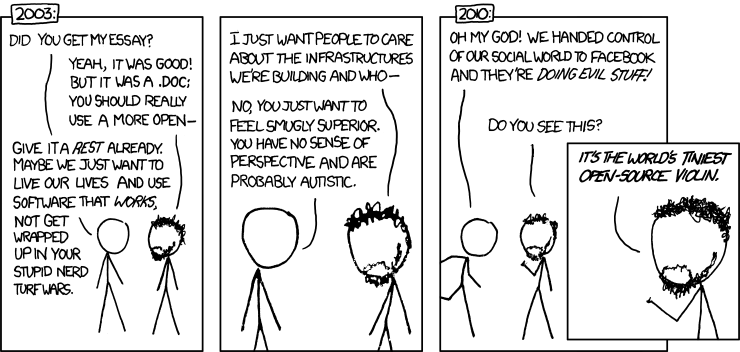

So … can we like finally dismiss Google Chrome as the obviously awful idea it is and which should never have made it this far and remind all of the web devs married to it that they’re doing bad things and are the reason why we can’t have nice things?
Hmmm … a web browser owned by a monopolistic advertising company … how could that possibly go wrong!!!












Went to look expecting to hate it … while there are probably some bugs to be ironed out I think it’s nice and in a side-by-side I’d probably prefer the new one by a decent margin … it seems cleaner and easier for my eye to move around looking for what I’m interested in.